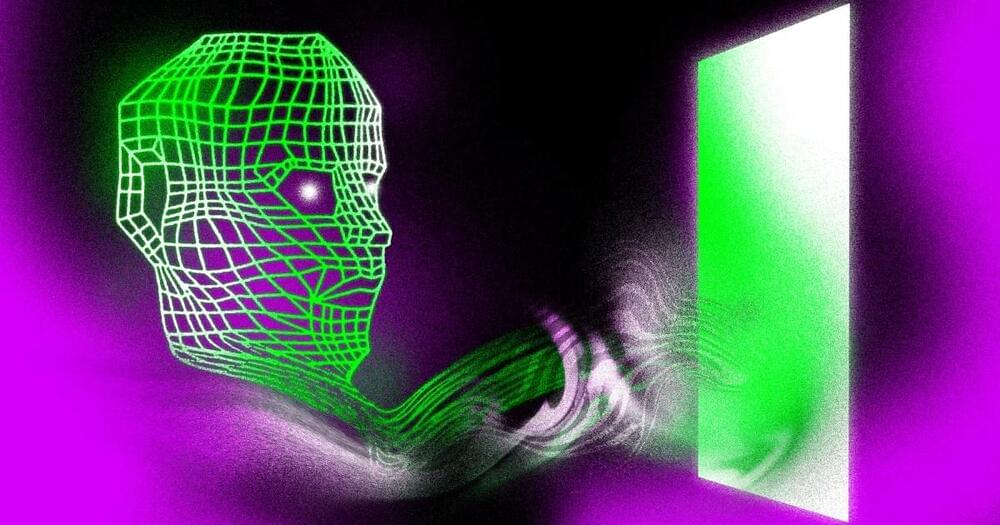For these reasons, and more, it seems unlikely to me that LLM technology alone will provide a route to “true AI.” LLMs are rather strange, disembodied entities. They don’t exist in our world in any real sense and aren’t aware of it. If you leave an LLM mid-conversation, and go on holiday for a week, it won’t wonder where you are. It isn’t aware of the passing of time or indeed aware of anything at all. It’s a computer program that is literally not doing anything until you type a prompt, and then simply computing a response to that prompt, at which point it again goes back to not doing anything. Their encyclopedic knowledge of the world, such as it is, is frozen at the point they were trained. They don’t know of anything after that.
And LLMs have never experienced anything. They are just programs that have ingested unimaginable amounts of text. LLMs might do a great job at describing the sensation of being drunk, but this is only because they have read a lot of descriptions of being drunk. They have not, and cannot, experience it themselves. They have no purpose other than to produce the best response to the prompt you give them.
This doesn’t mean they aren’t impressive (they are) or that they can’t be useful (they are). And I truly believe we are at a watershed moment in technology. But let’s not confuse these genuine achievements with “true AI.” LLMs might be one ingredient in the recipe for true AI, but they are surely not the whole recipe — and I suspect we don’t yet know what some of the other ingredients are.
